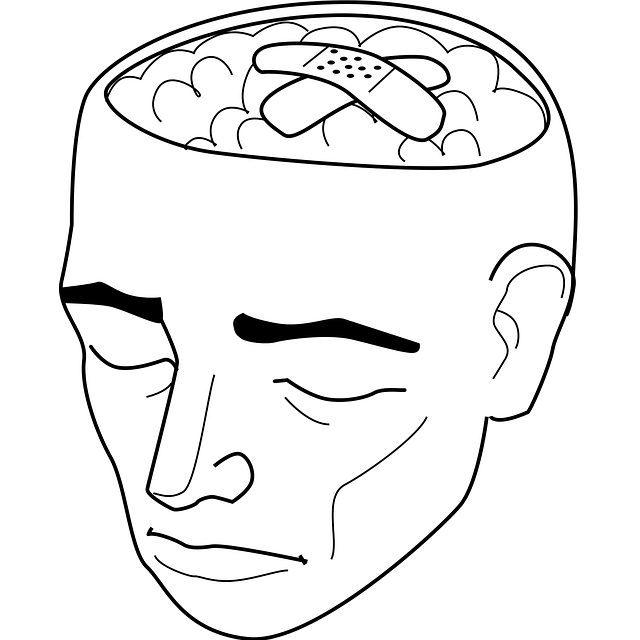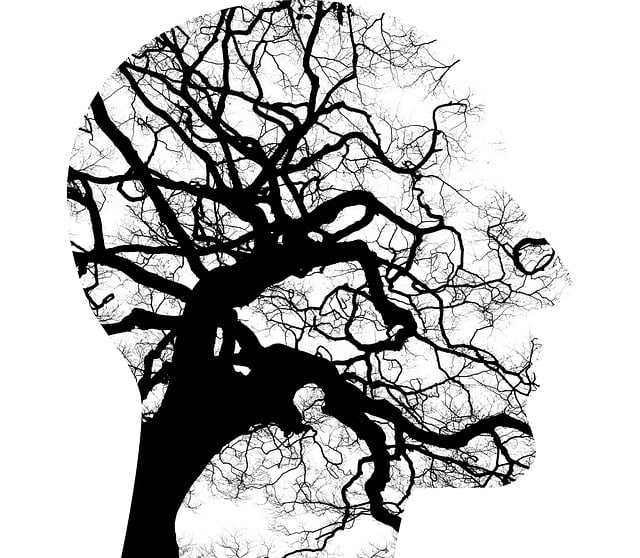In Lakewood, mental illness stigma hinders access to therapy for many, particularly those with limited Mandarin Chinese language skills. The Lakewood Mandarin Chinese Speaking Therapy program tackles this issue by offering culturally sensitive services in Mandarin, combining traditional therapy with mindfulness and ancient Chinese philosophy. Through community outreach, educational campaigns, and public awareness initiatives, the program reduces stigma, encourages open dialogue about mental health, and empowers individuals to seek help without fear of discrimination, ultimately improving mental well-being within the community.
Mental illness stigma remains a significant barrier to seeking help. This article explores strategies to reduce this hindering issue, focusing on understanding its profound impact on mental health-seeking behaviors and the unique approach of Lakewood Mandarin Chinese Speaking Therapy as a cultural bridge. We also delve into the power of community engagement and education in fostering a more compassionate society for those facing mental illness.
By examining these avenues, we aim to illuminate paths towards a more inclusive and supportive environment.
- Understanding Stigma and Its Impact on Mental Health Seeking Behavior
- Lakewood Mandarin Chinese Speaking Therapy: A Cultural Bridge to Reduce Stigma
- Community Engagement and Education: Empowering Change in Mental Illness Perception
Understanding Stigma and Its Impact on Mental Health Seeking Behavior

Stigma surrounding mental illness is a significant barrier to individuals seeking help and support. It often manifests as negative attitudes, beliefs, and stereotypes about people with mental health conditions, leading to discrimination and social exclusion. This pervasive stigma can deter those in need from discussing their struggles openly, seeking professional therapy, or even acknowledging their own experiences.
In communities like Lakewood, where access to Mandarin Chinese-speaking therapy services might be limited, the impact of stigma becomes even more pronounced. Language barriers can exacerbate feelings of isolation and make it challenging for individuals to connect with culturally sensitive support. However, through proactive Mental Illness Stigma Reduction Efforts, including educational campaigns, community outreach, and initiatives that promote understanding and empathy, such as those offered by local therapy centers like Lakewood Mandarin Chinese Speaking Therapy, we can foster an environment where those struggling with mental health issues feel welcomed, supported, and empowered to prioritize their well-being. Effective Communication Strategies and embracing Mind Over Matter Principles are crucial in this process, ensuring that individuals understand the nature of mental illness and its impact on behavior while seeking effective treatment.
Lakewood Mandarin Chinese Speaking Therapy: A Cultural Bridge to Reduce Stigma

In many communities, mental illness stigma persists due to cultural and linguistic barriers. This is especially true for ethnic minorities who may face additional challenges in accessing adequate mental healthcare. Lakewood Mandarin Chinese Speaking Therapy offers a unique solution by providing culturally sensitive services tailored to meet the needs of the growing Chinese-speaking population. By offering therapy sessions conducted entirely in Mandarin, this initiative bridges the gap between cultural and linguistic barriers, making mental health support more accessible and reducing the stigma associated with seeking help.
The program combines traditional therapeutic techniques with elements of mindfulness meditation, which has been shown to be effective in managing stress and anxiety. By incorporating practices rooted in ancient Chinese philosophy, Lakewood Mandarin Chinese Speaking Therapy fosters a deeper understanding of mental wellness within the cultural context of its clients. Through community outreach and mental health education programs designed to promote cultural sensitivity in mental healthcare practice, this initiative not only reduces stigma but also empowers individuals to take proactive steps towards maintaining their mental well-being.
Community Engagement and Education: Empowering Change in Mental Illness Perception

In the fight against mental illness stigma, community engagement and education play a pivotal role in fostering change. By reaching out to diverse communities, including those with unique linguistic needs like the Lakewood Mandarin Chinese speaking population, we can significantly impact perception and promote understanding. The integration of therapy services tailored for this demographic through initiatives like Lakewood Mandarin Chinese Speaking Therapy serves as a powerful tool to break down barriers. This approach ensures that culturally relevant support is accessible, enabling individuals to seek help without fear of judgment or miscommunication.
Community engagement goes beyond service provision; it involves raising public awareness through educational campaigns and programs. Public Awareness Campaigns Development can focus on normalizing conversations about mental health, highlighting the signs and symptoms of common disorders like depression. By educating community members on prevention strategies and trauma support services, we empower them to recognize when a friend, family member, or neighbor might be struggling. This collective effort not only reduces stigma but also encourages early intervention, ultimately leading to better outcomes for those facing mental health challenges.
Mental illness stigma reduction is a multifaceted approach, as demonstrated by efforts like Lakewood Mandarin Chinese Speaking Therapy, which bridges cultural gaps. Community engagement and education play a pivotal role in fostering understanding and empathy. By addressing the root causes of stigma and providing accessible resources, we can create an environment where individuals are comfortable seeking mental health support without fear of judgment. This collective effort is essential to improving overall mental well-being.










